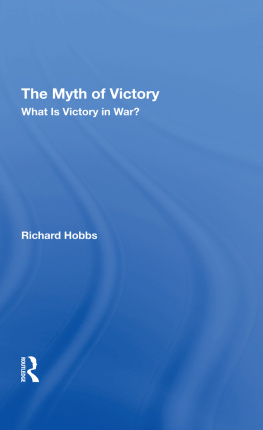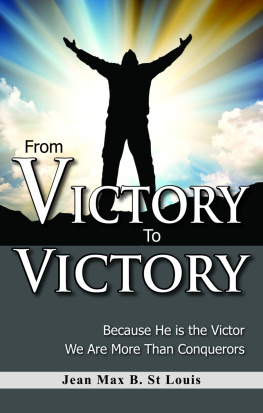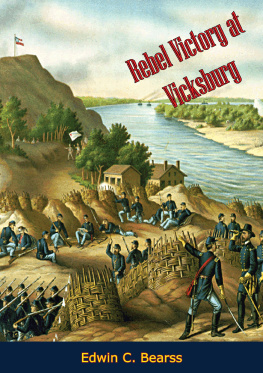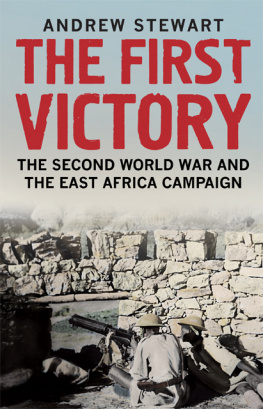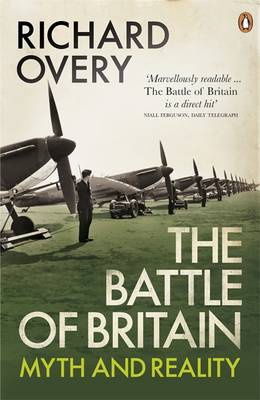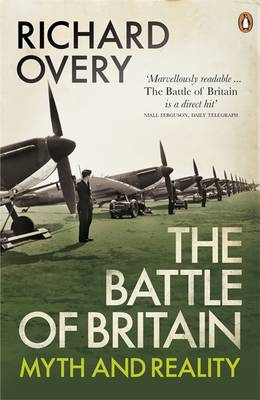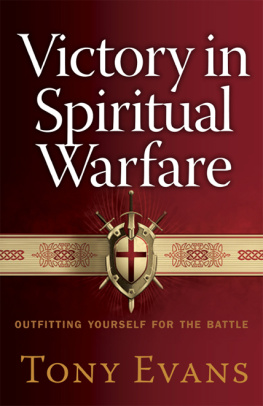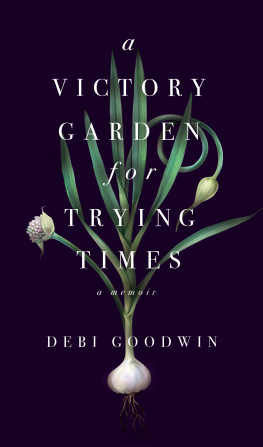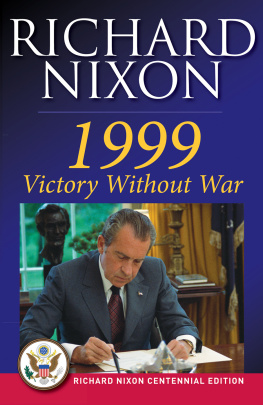The Myth of Victory
Other Titles in This Series
Conflict Resolution , Paul Wehr
Bibliography on World Conflict and Peace: Second Edition , Elise Boulding, J. Robert Passmore, and Scott Gassier
Other Titles of Interest
Strategies Against Violence: Design for Nonviolent Change , edited by Israel W. Charny
Limited War Revisited , Robert E. Osgood
Westview Special Studies in Peace, Conflict, and Conflict Resolution
The Myth of Victory: What Is Victory in War?
Richard Hobbs
Richard Hobbs examines one of societys greatest problems: the need for reconciliation between the democratic dislike of war and the appropriate use of the military instrument in world politics. He questions whether the results obtained in war are worth the expenditures made and contends that victory gained from total warwar pushed to its outer limitsis illusory and not commensurate with the terrible cost.
The first part of his book surveys victory in past wars, through World War I, and discusses total war, strategic bombing, and psychological warfare. , Dr. Hobbs focuses on Korea, the Cold War, and Vietnam, and looks at differing concepts of victory. Attempting a response to the question Is war the solution? he reaches some conclusions about victory in war.
Richard Hobbs has combined more than twenty years of active military service with careers as author and professor. He retired from the U.S. Army in 1977 and is now vice-president of Teledyne International Marketing.
To Diane and Deanna, who have suffered through their tours in Viet-Namwith the hope that they will never know war
First published 1979 by Westview Press
Published 2019 by Routledge
52 Vanderbilt Avenue, New York, NY 10017
2 Park Square, Milton Park, Abingdon, Oxon OX14 4RN
Routledge is an imprint of the Taylor & Francis Group, an informa business
Copyright 1979 Taylor & Francis
All rights reserved. No part of this book may be reprinted or reproduced or utilised in any form or by any electronic, mechanical, or other means, now known or hereafter invented, including photocopying and recording, or in any information storage or retrieval system, without permission in writing from the publishers.
Notice:
Product or corporate names may be trademarks or registered trademarks, and are used only for identification and explanation without intent to infringe.
Library of Congress Catalog Card Number: 79-4703
ISBN 13: 978-0-367-29420-5 (hbk)
In this important book, Colonel Hobbs discussed the age old problem that has been of great concern to military men throughout the ages: How best to convince an enemy in war that he cannot impose his control over our nation or our allies and then to terminate hostilities by taking action to reduce the probabilities of future conflict.
War is a political decision. It is made by the Head of State acting on behalf of the established government by and with the consent of that government. The decision is made to go to war as a consequence of activities that threaten the goals or existence of the state to such a degree that the political authority determines that all elements of the national power of the state should be used to preserve the state or its goals.
War is a political decision but it is fought by the military, under political direction for political goals. To win a war requires military power, of course, but also a great deal more. It requires political power, economic power, psychological power, and all other elements of national power, especially the spiritual and emotional support of the people of the country.
Conducting war to a successful conclusion requires the wise use of various elements of national power and a good estimate of the national power available to the enemy as well as the ways in which he might use it. That is never easily done and, as Colonel Hobbs points out, the United States as well as other nations made many mistakes in the wars of this century. Hitler was amazed at how easily his early aggressions succeeded and became disdainful of the resolution of the Allies and also of the cautious advice of his military. The Japanese overestimated the effects of their first attacks and they also underestimated the resolution of their enemies. The United States relied too much on the expected results of strategic bombing and we too underestimated the resolution of our enemies. Our gravest error was in not having a clear national political objectivea clear goaland because of that we forgot that the object of war is to control the enemy, to convince them that they cannot control us.
Our political leaders became absorbed in details of military operations with two natural consequences. They sometimes ineptly directed military operations costly in lives and resources that did not achieve commensurate results. Their concentration on military matters caused them to neglect their own political and diplomatic duties.
Because we had no clear-cut postwar objectives to guide our political planners, we drifted into ill-considered surrender terms. In the highly charged emotional atmosphere of fighting a war against skillful, dangerous enemies who were intent on defeating us we demanded complete enemy submission. Even after it became apparent to both our side and the enemys that the enemy would surely be defeated, our demands were so onerous that the enemy decided to continue their hopeless fight rather than accept what appeared to them to be unknown conditions of merciless conquerors. The results could have been predictable. The price the world has paid has been tremendous.
Colonel Hobbs describes the background of past wars and the dangers of excessive demands by the victors. He expresses the concern of many of his brothers-in-arms about the apparent lack of realization among political leaders, even now, of the importance of the prudent use of the many elements of national power to attain practical national objectives.
National power is the instrument of national policy. It is the means by which every nation influences the trend of future events in the direction it desires. The use of power is necessary to influence the future, and power must be used when needed for a nation to be influential. To do this a sound national policy to achieve the national objectives is required along with the skillful assessment and combination of the elements of national power. If we neglect to take national power into consideration we forfeit our possible influence, for it is certain that both our friends and our enemies will use their power as best they can to achieve their objectives.
The Communist leaders have not deviated from their long-range strategic objective of gaining political control over the world, but they have revised their tactics from direct pressure to political and psychological actions to expand their power and influence and weaken our will and means to resist them. They have learned well the lesson of history and they use all types of power in their struggle for world domination, skillfully blending their political, economic, military, and especially psychological means in trying to make advances towards their goals. They try for large advances when they think that can be done without much risk, but settle for small advances when the risk of failure increases. They make great efforts to maintain enough control of situations in various parts of the world to keep the initiative and regulate the probable risk. The Communists have demonstrated their adeptness in the use of psychological means, and although they do not instigate all the tensions and subversive actions in the world, they actively seek to gain advantage from them.

